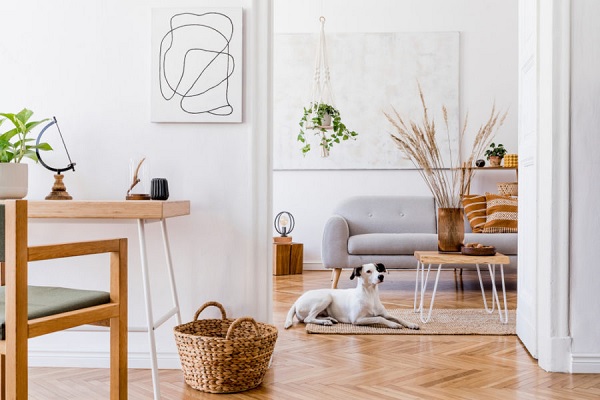If you have a dog, but don’t know where to start looking for a pet-friendly apartment, read this article! In this article, we’ll talk about Dogs, Exotic pets, Noisy pets, and the Security Deposit. You’ll find the answer you’ve been looking for. Keep reading to learn more! In this article, we’ll discuss the most important aspects of finding a pet-friendly apartment.
Pet-friendly community
Before you begin looking for an apartment that is pet-friendly, you need to find a pet-friendly community. You can also contact your local animal care agency to find out what community has dog-friendly apartments. You can also talk to rental agents or the resident manager of a community to find out which buildings accept pets. You can also find community apartment guidebooks near supermarkets or newspapers. These can be very helpful in your search.
It is not always easy to find San Jose pet friendly apartments. This is why it is important to research a building’s policy on pets and their care. Make sure you ask about any special requirements for bringing your pet. It is also helpful to ask around to see if any other apartments in the neighborhood are pet-friendly. Considering these issues will help you choose an apartment that is both comfortable and pet-friendly.
Allow exotic pets
Unlike dog and cat owners, some people own exotic animals. Fortunately, landlords are more likely to welcome them than you might think. According to the National Pet Owners Survey 2017, 34.3% of households in the United States had exotic pets, and 41.7% of households had dogs. Exotic pets are often difficult to find apartments that welcome them, as landlords generally have company-wide pet policies. While you can find apartments that allow dogs and cats, most landlords will not accept snakes, birds, or fish. Even if your pet is a small bird, it is still illegal to keep them in cages. The landlord may even evict you if you have one.
Exotic pets require special care, and some apartment complexes do not allow them. If you have a dog or a cat, make sure the apartment you’re looking at is close to a veterinarian or groomer. Exotic pets can also require a lot of space, so make sure to factor in their special needs when choosing a rental. Don’t forget to leave a little room in your budget for pet fees and rent, too!
Research local amenities
Research local amenities, like a nearby dog park. Some communities will only allow small dogs, so make sure you check with the property management first. Check if the building has a clean-up station for pet waste. Many pet-friendly apartment communities will allow cats and small dogs. Be sure to research the rules before signing any contracts. Make sure you build in enough time for your search. Start looking around six weeks before your lease expires.
Security deposit
If you’re looking to rent an apartment that allows pets, it’s important to know what your landlord can and cannot charge you for a pet deposit. While it is illegal to charge more than one month’s rent for a pet deposit, some landlords are more flexible and may allow a pet deposit of up to a third of monthly rent. Some states also regulate the number of pet deposits that landlords can charge tenants.
Visit the apartment complex
For animal lovers who are looking for a new apartment, searching for pet-friendly apartments is essential. These apartments allow dogs and cats, but not all. Some communities have certain breeds and weight limits, and some may not allow certain types of animals. Cats and ferrets are the most common pets to be allowed in apartment complexes, but some communities are stricter about certain types of animals. Some buildings also ban larger dogs.
Before renting an apartment with a pet, it’s important to visit the apartment complex and meet the property managers. Find out how many current residents have pets and how close they are to each other. Also, find out if there are any pet-related incidents between the neighbors’ pets and yours. This information will help you avoid any uncomfortable scenarios later. Another important consideration is space. If you live in a small apartment, you might not have enough room for a large dog.







